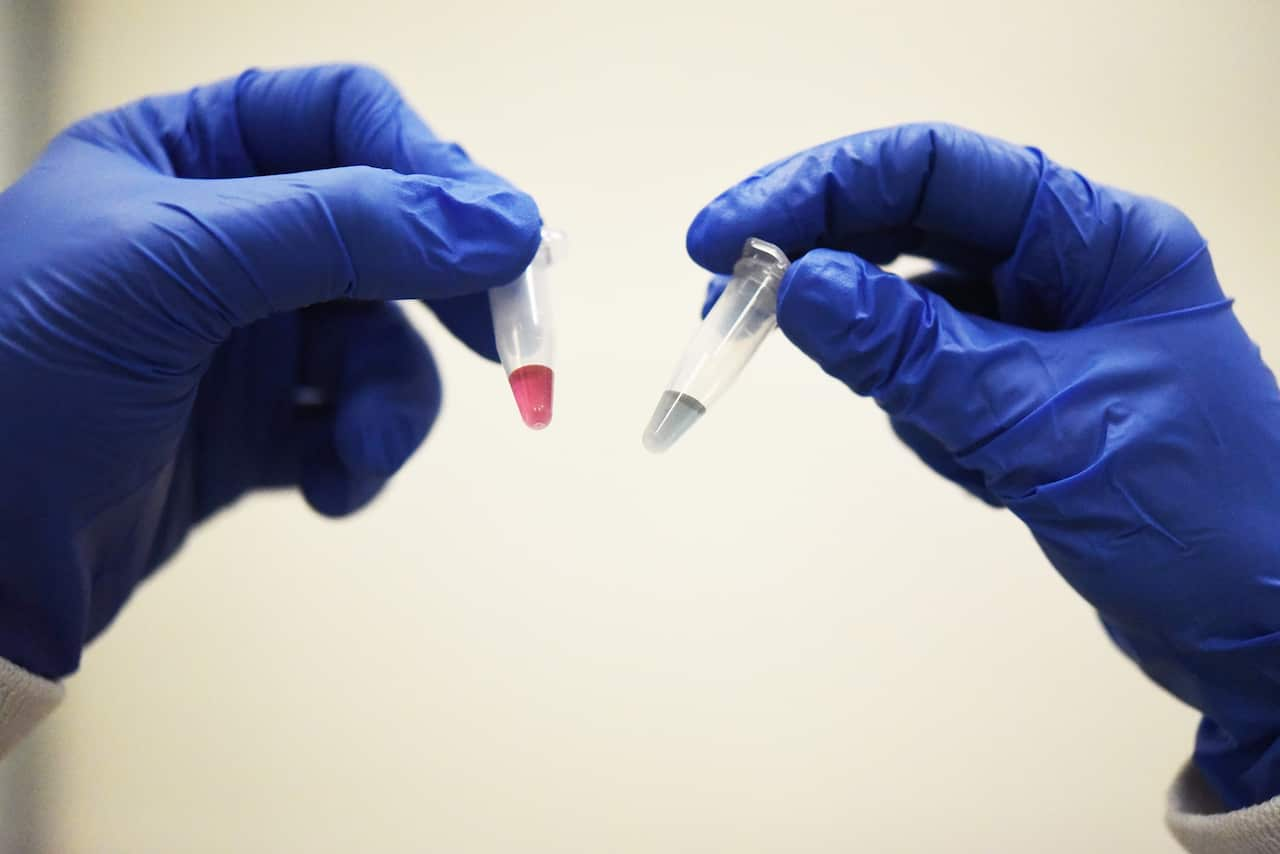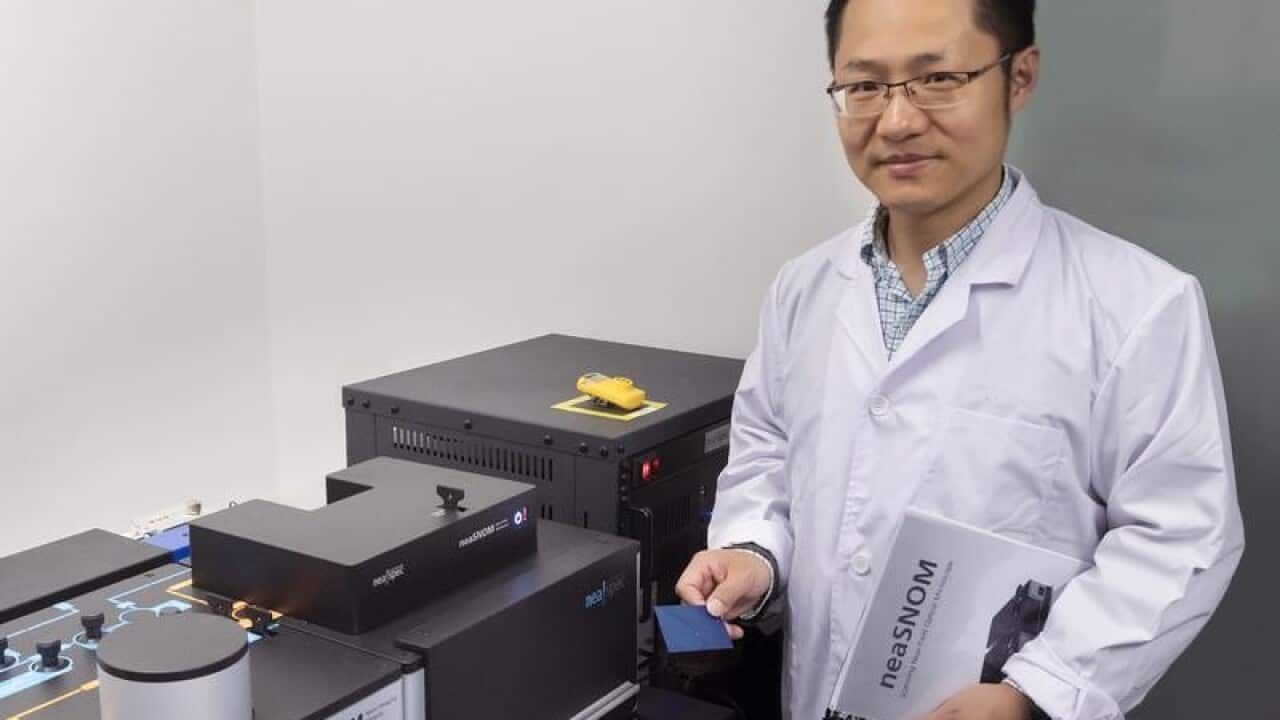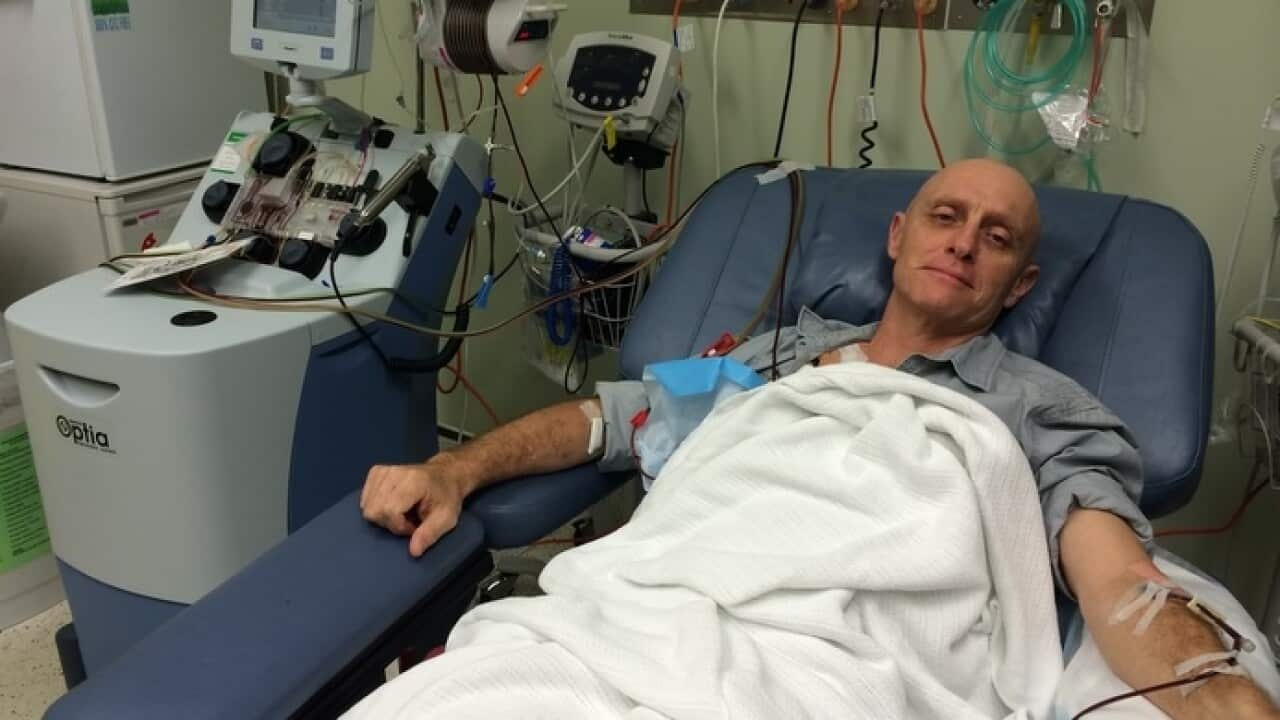A Victorian researcher is at the heart of an international study which has discovered a test with the potential to detect cancer earlier and save lives.
The ability to find key markers of cancers in the body increased by up to 10,000 times using antimonene - a 2D material - to look for DNA and MicroRNA molecules related to cancer, the study published in Nature Communication on Thursday found.
It advances the detection of biomarkers, MicroRNA-21 and MicroRNA-155, found in tumours which lead to pancreatic, lung, prostate, colorectal, bone and triple-negative breast cancers.
Biomarkers have scope to predict, diagnose and monitor diseases, but are difficult to detect.
Monash University Associate Professor Qiaoliang Bao worked with experts in China to develop the sensor using antimonene and were able to detect the biomarkers. "Antimonene has quickly attracted the attention of the scientific community because its physicochemical properties are superior to those of typical 2D materials like graphene and black phosphorous," Associate Professor Bao said.
"Antimonene has quickly attracted the attention of the scientific community because its physicochemical properties are superior to those of typical 2D materials like graphene and black phosphorous," Associate Professor Bao said.

Biomarkers have scope to predict, diagnose and monitor diseases, but are difficult to detect. Source: Supplied
"The combination of antimonene with surface plasmon resonance (the sensor) architecture provides a low-cost and non-destructive improvement in the detection of MicroRNA, which could ultimately help millions of people globally by improving early diagnosis of cancer."
The world-first study opens the door to future research into the development of sensors and systems to be used in early cancer diagnosis.
Share


